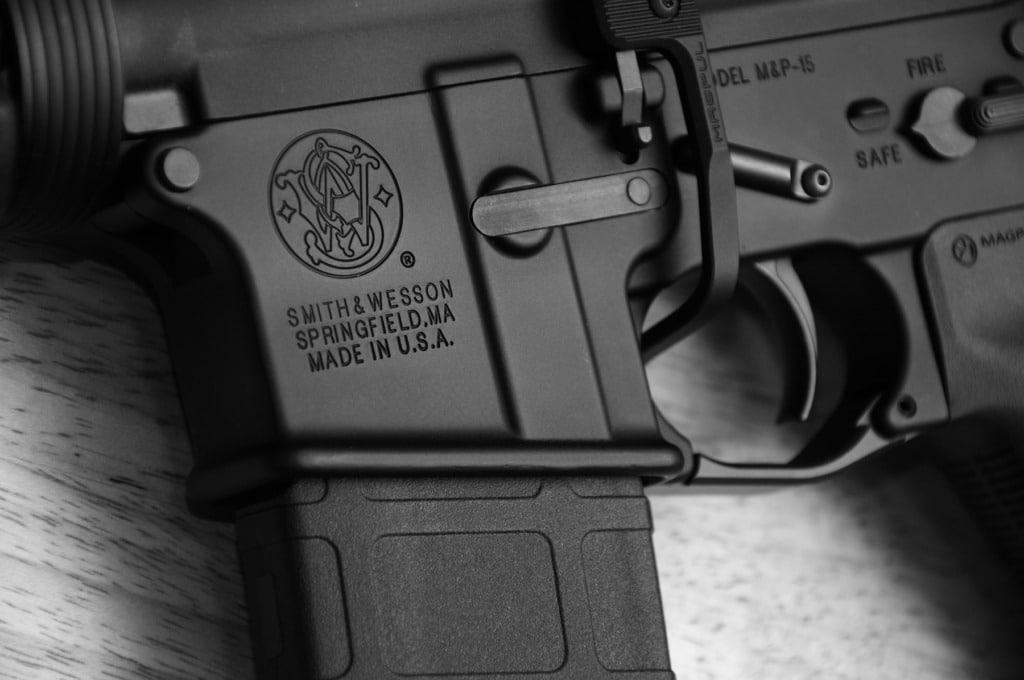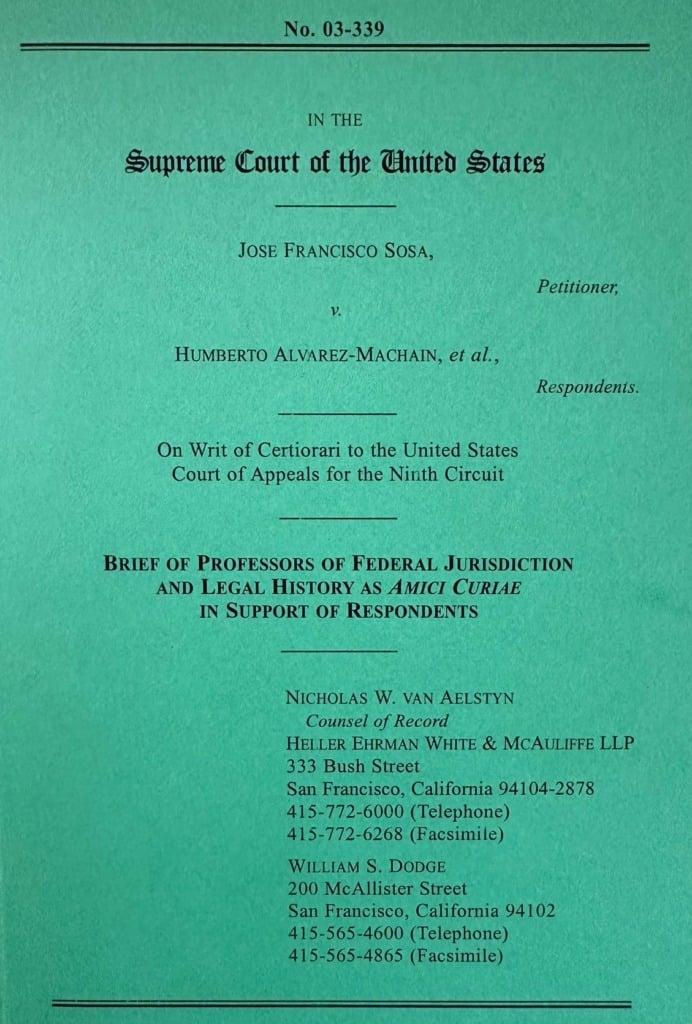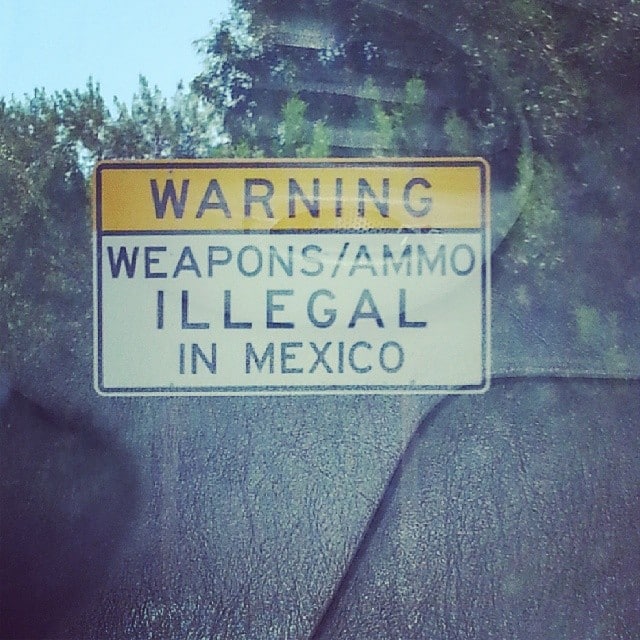SCOTUS Rules for Gun Manufacturers in Mexico Suit but Denies Blanket Immunity
This article was first published on Just Security. Prior TLB coverage of the case can be found here. On June 5, in Smith & Wesson Brands Inc., et al. v. Estados Unidos Mexicanos, the U.S. Supreme Court unanimously ruled that Mexico’s lawsuit against seven U.S. gun manufacturers and one distributor is barred by the immunity…
Continue ReadingTransnational Litigation at the Supreme Court, October Term 2024
Today is the first day of the Supreme Court’s October Term. This post briefly discusses four transnational litigation cases in which the Court has already granted cert, as well as several others that are in the pipeline and could be decided this Term. Readers can also consult our Supreme Court page. Cases in which the…
Continue ReadingSupreme Court Grants Cert in Smith & Wesson v. Mexico
This morning, the Supreme Court granted cert in Smith & Wesson Brands v. Estados Unidos Mexicanos. As regular readers will know, Mexico sued Smith & Wesson and other gun manufacturers in federal district court of the District of Massachusetts, alleging that defendants design, market, and sell guns in ways they know will arm Mexican drug…
Continue ReadingMexico’s Claims Against Gun Manufacturers Suffer a Personal Jurisdiction Setback
In 2021, Mexico sued seven U.S. gun manufacturers in federal district court for the District of Massachusetts, alleging that they design, market, and sell guns in ways that they know will arm Mexican drug cartels. As described in an earlier post, the First Circuit held that some of Mexico’s claims were not barred by the…
Continue ReadingThrowback Thursday: Sosa v. Alvarez-Machain
On June 29, 2004, two decades ago, the Supreme Court decided Sosa v. Alvarez-Machain, recognizing an implied cause of action under the Alien Tort Statute (ATS) for violations of human rights norms that are generally accepted and specifically defined. In this post, I look back at Sosa and discuss what has happened in ATS litigation during…
Continue ReadingBread and Butter
There is a tendency when blogging to focus on cases that that are (1) important, (2) novel, (3) strange, or (4) wrong. These are the sorts of cases that most people—and, candidly, the TLB editors—find to be most interesting. (My colleague Bill Dodge may be an exception.) Every now and then, however, it is useful…
Continue ReadingAnother Victory for Mexico in Guns Litigation
Still flush with success from its win at the First Circuit against U.S. gun manufacturers, Mexico has scored a new victory in federal court—this time, against U.S. gun dealers. In Estados Unidos Mexicanos v. Diamondback Shooting Sports, Inc., the U.S. District Court for the District of Arizona (Judge Rosemary Márquez) ruled that Mexico could move…
Continue ReadingMexico’s Lawsuit against U.S. Gun Makers Opens a New Front in the War Against Firearm Industry Immunity
In 2021, the Government of Mexico filed a lawsuit against U.S. firearm manufacturers demanding $10 billion in damages for the industry’s role in facilitating illegal cross-border gun trafficking and seeking injunctive relief to change the way gun makers do business. Mexico’s lawsuit had to confront the industry’s notorious federal immunity shield—the Protection of Lawful Commerce…
Continue ReadingFirst Circuit Allows Some of Mexico’s Claims Against Gun Manufacturers to Move Forward
Mexico has strict gun laws. There is one gun store in the country, and Mexico issues fewer than fifty gun permits a year. Yet Mexico has the third most gun-related deaths in the world because it borders the United States. An estimated half million guns flow from the United States into Mexico each year. In…
Continue ReadingHome Isn’t Just Where the Nerve Center Is
An opinion last month issued by a Texas appellate court illustrates a tempting but potentially dangerous doctrinal shortcut: applying a test developed for subject matter jurisdiction to the analysis of general personal jurisdiction. The diversity statute (28 U.S.C. § 1332) defines a corporation’s citizenship as its place of incorporation and its “principal place of business”…
Continue Reading







